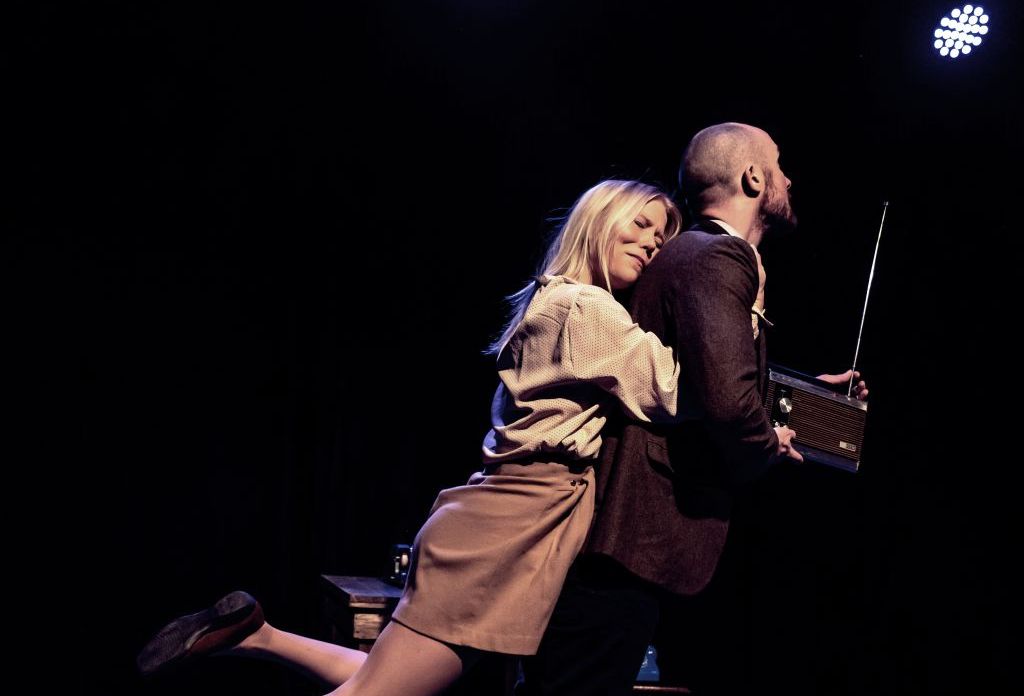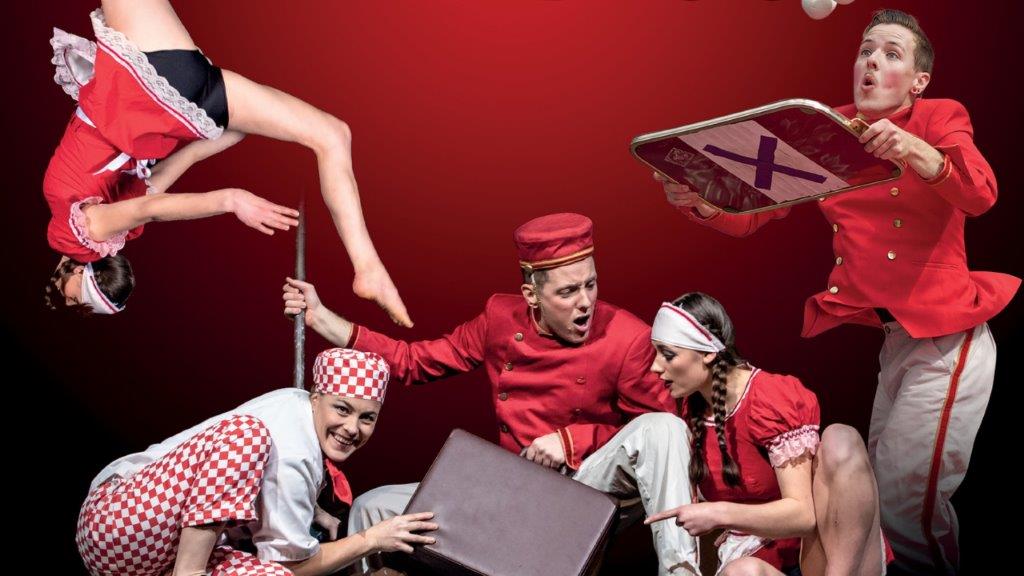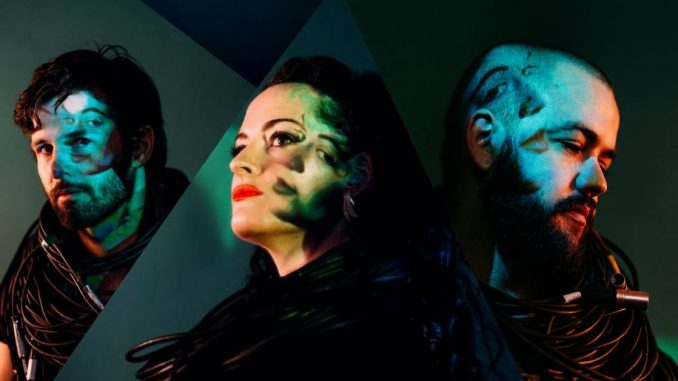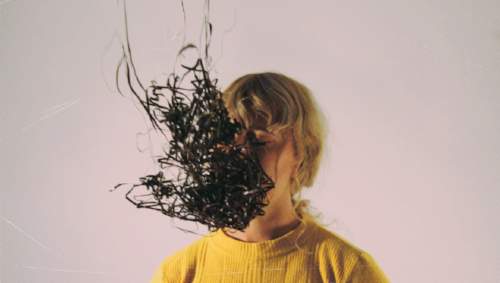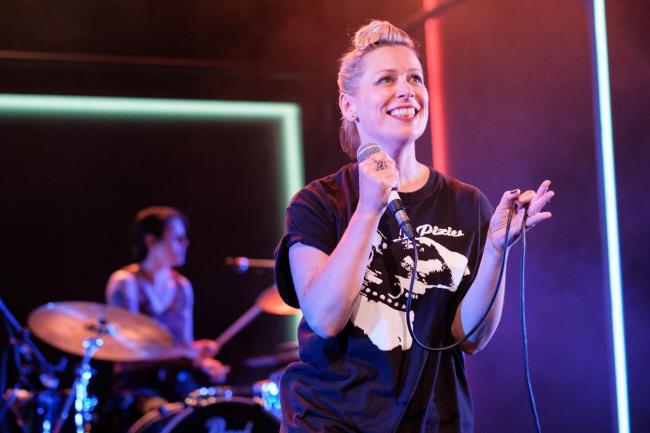This taut psychological thriller is part of the From Start to Finnish programme at the Edinburgh Fringe 2019, and contains many of the hallmarks of what might be considered the best type of Scandi-Noir.
Under the exacting movement direction of Rachel Yates, performer-creators Olivier Leclair and Tiia-Mari Makinen weave an intriguing narrative: a couple’s daughter has gone missing, and the father in particular is relentless in his search for her. Everything about this production is stripped back and painstakingly carefully constructed, giving it both real heart and punch, from the tight visual aesthetic hinting at shattered domesticity to the stylised movement sequences that Illustrate trauma’s impact on sanity. That the production also encompasses Dave Carey’s innovative soundscape is an added bonus – he constructs a world by using headphones worn by the audience throughout, making the piece at once feel intimate and at times overwhelming, the private sounds of distress and unravelling played directly into our ears as we watch events unfold.
The physicality of both performers lends a highly accomplished edge to the storytelling: a breath-taking sequence involving the father attempting to return to work as a teacher but breaking down mid class is beautifully shown through him drawing with chalk all over himself. In this vein, everything on stage becomes a highly loaded signifier; from the knife used by the Mother to chop vegetable in the opening scene, to the desperate Missing posters which take on a heart-breaking twist towards the piece’s close. The production’s aim is stated as being to ‘blur the senses’ and ‘trick the mind’ and indeed the subtle subtext, use of sound worlds, glimpses of repeated symbolic imagery, and some jarring abstract sequences all contribute well to this effect. Play best Y8 Games at the this website. The characters too are engaging, despite the sparse dialogue, and I particularly felt for the mother, presented as being at first an idealised domestic and sexual partner, and later the solid anchor to her husband’s unravelling mind, rather than as a focus in her own right.
This production had a real impact on me, prompting many questions, and was simply delightful in its ability to illustrate complex concepts in a spare and engagingly stylised way.
Featured image (top):Hippana Theatre: Shine. Photo Daniel Beacock

